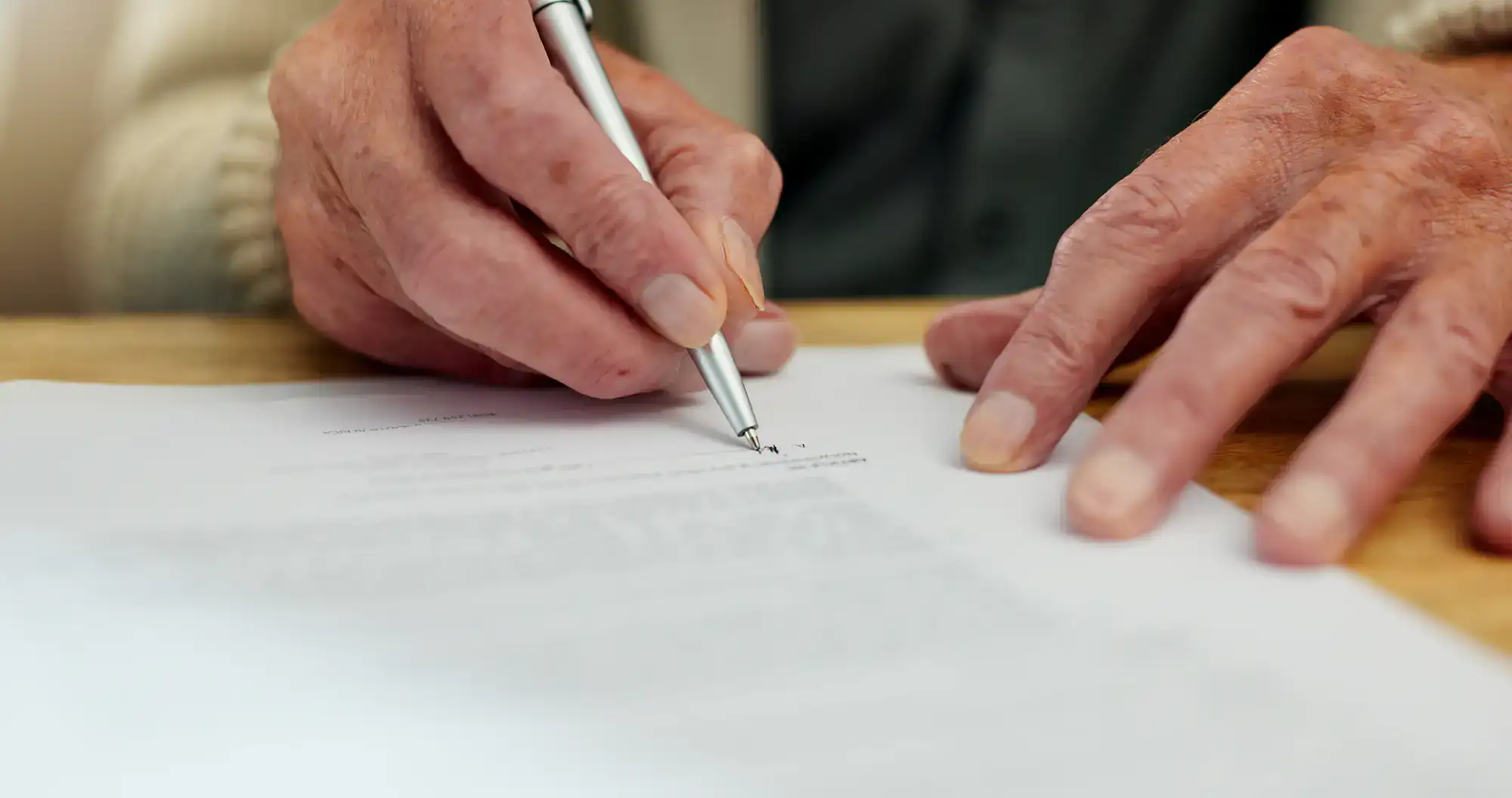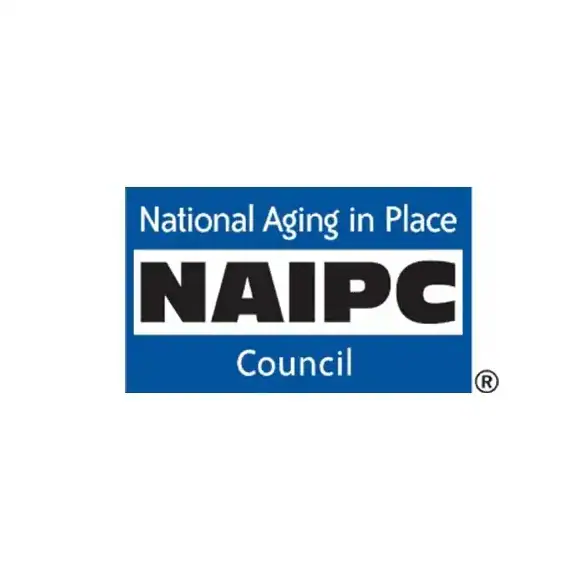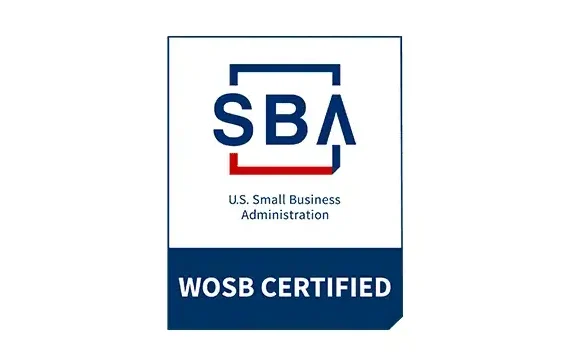Wills Attorney in Long Beach, NY
Your Family's Future Deserves Better Than Guesswork
When you’re gone, New York’s courts decide who gets what—unless you have a proper will in place first.


Estate Planning Long Beach NY
What Your Family Gets When You Plan Ahead
Your assets go exactly where you want them. Your children have the guardians you chose, not court-appointed strangers. Your spouse isn’t left fighting the state’s intestacy laws that could give half your estate to others. Without a will, New York law decides everything. Your spouse gets the first $50,000 plus half of what remains—the rest goes to your children or other relatives, whether that makes sense for your family or not. With proper planning, you control it all. Your beneficiaries avoid probate delays. Your family skips the public court process. Your legacy stays protected from creditors and family disputes that tear families apart.
Long Beach Wills Lawyer
We Know Long Beach Families Face Real Challenges
We’ve been serving Long Island families through their most significant legal decisions for years. We understand that Long Beach residents—with a median age of 45.8 and household incomes averaging $130,795—have substantial assets to protect and complex family situations to navigate. Our attorneys speak Spanish and Italian, reflecting the diverse community we serve. We’ve seen how Long Beach’s expensive real estate market creates unique estate planning challenges, and we know the local considerations that matter most to families here. We’re not just another law firm. We’re your neighbors who understand that 16.7% of Long Beach residents are over 65, many dealing with aging parents while raising their own children. We get it because we live it too.

Will Preparation Long Beach NY
Here's Exactly What Happens When You Work With Us
First, we meet wherever you’re comfortable—our office, your home, or even the hospital if needed. We listen to your specific situation without rushing you through some generic checklist. Next, we explain your options in plain English. We’ll show you how different approaches affect your family’s future, what New York law requires, and how to structure everything to minimize taxes and maximize protection. Then we draft your documents properly. Every will we prepare meets New York’s strict legal requirements—witnessed correctly, signed properly, and structured to hold up in court. We handle the executor appointment, guardian designations, and asset distribution exactly as you specify. Finally, we make sure you understand everything before you sign. No legal jargon, no confusion. Just clear explanations of what each document does and how it protects your family’s future.

Ready to get started?
Estate Planning Services Long Beach
What's Actually Included in Professional Will Preparation
Your will covers asset distribution, executor appointment, and guardian selection for minor children. We also prepare your power of attorney documents so someone you trust can handle your finances if you become incapacitated. Healthcare proxies ensure your medical wishes are followed. Living wills specify your end-of-life care preferences. We coordinate everything so your family isn’t left guessing about your intentions. For Long Beach families, we often recommend asset protection trusts given the high property values here. Many of our clients own homes worth $600,000 or more, and proper planning can shield these assets from nursing home costs while preserving your family’s inheritance. We also handle the practical details—filing requirements, witness arrangements, and document storage recommendations. Everything gets organized so your family can find what they need when they need it most.

Do I really need a will if I'm married in New York?
Yes, absolutely. Many married couples think their spouse automatically inherits everything, but that’s not how New York law works. If you die without a will in New York, your spouse gets the first $50,000 plus half of what remains—the rest goes to your children or other relatives, whether that makes sense for your family or not. A proper will ensures your spouse gets what you actually want them to have, not what the state decides. It also lets you name guardians for your children and appoint an executor who knows your family’s needs.
How much does it cost to prepare a will in Long Beach?
The cost depends on your situation’s complexity, but most straightforward wills range from $500 to $1,500. More complex estates with trusts, tax planning, or business interests cost more. What’s expensive is not having a will. Probate costs can eat up 5-10% of your estate. Family disputes over unclear intentions can cost tens of thousands in legal fees. The state’s intestacy laws might distribute your assets in ways that create tax problems for your heirs. We offer free initial consultations so you understand exactly what you need and what it costs before you commit to anything. No surprises, no hidden fees.
Can I write my own will or use an online service?
You can try, but it’s risky. New York has strict requirements for valid wills—specific witness requirements, signature rules, and language that must be precise. Online services don’t know New York law’s nuances or your family’s specific needs. They can’t advise you on tax implications, asset protection strategies, or how to structure things to avoid probate problems. We’ve seen too many families discover their DIY wills were invalid when they needed them most. The executor couldn’t be appointed, assets were frozen, and the family ended up in expensive court battles. Professional preparation costs far less than fixing problems later.
What happens to my Long Beach property if I die without a will?
Your property goes through New York’s intestacy process, which rarely matches what families actually want or need. If you’re married with children, your spouse gets the first $50,000 plus half the remaining value. Your children inherit the other half as tenants in common. This means your spouse might own 75% of your home while your minor children own 25%—creating a legal nightmare for selling, refinancing, or making major decisions. If you’re single, your property goes to your children equally. If you have no children, it goes to your parents. No consideration for who actually needs the property, who’s been helping with expenses, or who can afford the ongoing costs. A will lets you specify exactly who gets your property and under what conditions. You can protect your spouse’s housing security while ensuring your children’s inheritance is properly managed.
How often should I update my will?
Review your will every 3-5 years or whenever major life changes occur. Marriage, divorce, new children, deaths in the family, significant changes in your financial situation, or moves to different states all require updates. New York law changes periodically, affecting estate tax thresholds, probate procedures, and planning strategies. What worked five years ago might not be optimal today. We recommend bringing your will in for review whenever you have questions. Sometimes small changes prevent big problems. Other times, major life changes require completely new documents. We’ll tell you honestly what you need and what you don’t.
What's the difference between a will and a trust for Long Beach families?
A will distributes your assets after you die but goes through probate—a public court process that can take months or years. A trust can avoid probate entirely, keeping your affairs private and getting assets to your family faster. For Long Beach families with substantial assets, trusts offer additional benefits. They can protect your property from nursing home costs, reduce estate taxes, and provide ongoing management for beneficiaries who aren’t ready to handle large inheritances. Trusts cost more upfront but often save money long-term. They’re particularly valuable for families with real estate, business interests, or concerns about beneficiaries’ spending habits. Many of our clients use both—a will for personal items and final wishes, plus trusts for major assets and ongoing protection.








